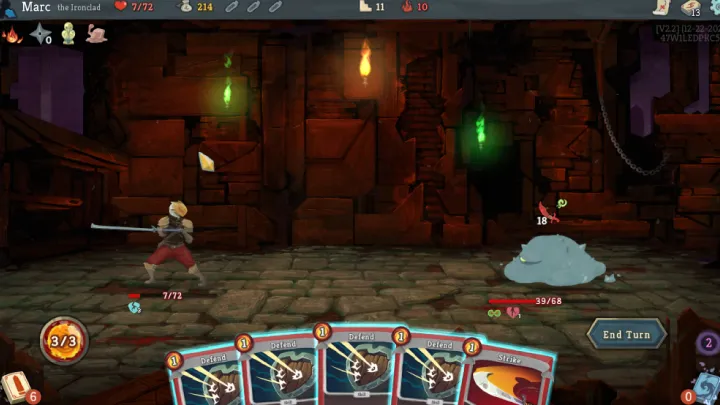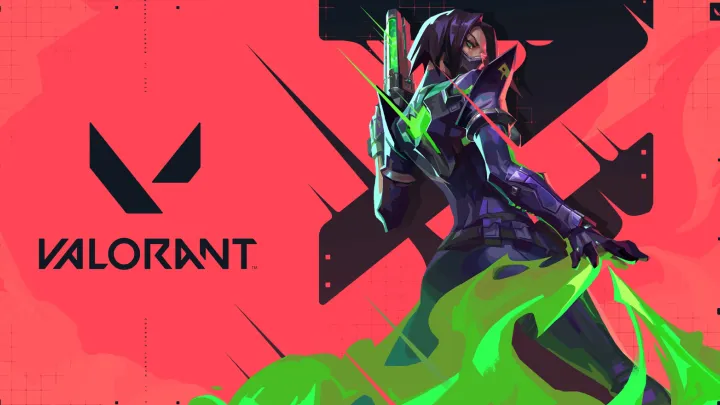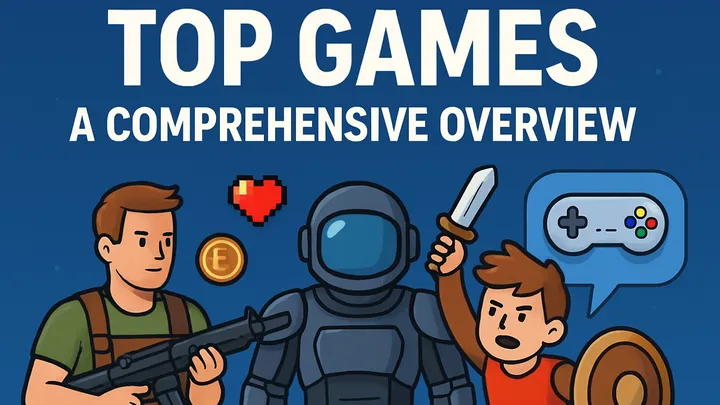Understanding the Basics of Slay the Spire
The Game’s Premise
Key Gameplay Mechanics
- Deck Building: Your deck is the heart of your strategy. As you defeat enemies and complete events, you’ll earn cards that can be added to your deck, enhancing your capabilities.
- Energy Management: Each turn, you have a limited amount of energy to play cards. Efficient energy management is crucial for maximizing your damage output and defense.
- Status Effects: Understanding the various status effects (like Vulnerable, Weak, and Poison) and how they interact with cards can significantly influence your strategy.
Choosing Your Character
Overview of the Characters
- The Ironclad: A warrior who excels in strength and survivability, starting with a powerful card that heals you at the end of each battle.
- The Silent: A nimble assassin specializing in poison and shiv-based strategies, offering high damage output with low-cost cards.
- The Defect: A robot that utilizes orbs to deal damage and gain defensive capabilities, allowing for versatile strategies.
- The Watcher: A monk adept at switching stances, focusing on a balance of offense and defense.
Selecting Your Character Strategically
- Aggressive Play: If you enjoy dealing heavy damage, consider The Ironclad or The Silent.
- Defensive Strategies: If you prefer a more tactical approach, The Defect or The Watcher may suit you better.
- Experimenting: Don’t hesitate to try different characters to find the one that resonates with your strategy and preferences.
Building an Effective Deck
Card Selection Strategies
- Focus on Synergy: Look for cards that work well together. For example, combining cards that apply Weak with those that deal damage can create powerful combos.
- Limit Your Deck Size: A smaller deck allows for more consistent draws, ensuring you get your key cards more often. Avoid adding too many cards unless they offer significant advantages.
Key Card Types
- Attack Cards: Essential for dealing damage to enemies. Balance your deck with a mix of single-target and area damage cards.
- Skill Cards: Provide defensive options or status effects. Incorporate skills that can mitigate damage or enhance your offense.
- Powers: These cards provide ongoing effects and can significantly boost your capabilities over time. Prioritize them when building your deck.
Energy Management
Understanding Energy Costs
- Maximize Energy Usage: Aim to play as many cards as possible each turn. Look for cards that reduce energy costs or provide additional energy.
- Energy Gain Cards: Consider cards that grant extra energy or refund energy spent, allowing for more powerful turns.
Managing Energy in Combat
- Prioritize High-Impact Cards: Use energy to play cards that will have the most significant impact on the current turn. Don’t waste energy on low-impact plays.
- Plan Ahead: Consider how your current turn will set you up for the next one. Sometimes, it’s worth saving energy for a more powerful combo.
Status Effects and Their Impact
Understanding Status Effects
- Vulnerable: Increases damage taken by the enemy, making it easier to defeat them quickly.
- Weak: Reduces the enemy’s damage output, allowing for more survivability.
- Poison: Deals damage over time, useful for wearing down tougher enemies.
Utilizing Status Effects
- Combining Effects: Use cards that apply status effects in conjunction with high-damage cards to maximize your damage output.
- Countering Enemies: Identify enemy strengths and weaknesses. Use status effects strategically to counter their abilities.
Navigating the Spire
Choosing Your Path
- Combat vs. Events: Weigh the benefits of fighting enemies against the potential rewards from events and treasure chests.
- Rest vs. Upgrade: Decide whether to rest and heal or upgrade a card, depending on your current needs and challenges ahead.
Preparing for Boss Fights
- Study Boss Mechanics: Learn the attack patterns and abilities of each boss to develop effective strategies for defeating them.
- Build Your Deck for Bosses: Tailor your deck to counter the boss’s strengths. Incorporate cards that deal high damage or provide strong defensive options.
Utilizing Relics
The Importance of Relics
- Passive Effects: Relics offer various passive effects that can influence your strategy. Some may grant additional energy, healing, or card draws.
- Synergy with Cards: Look for relics that complement your deck. For example, a relic that provides extra energy can enhance a deck focused on high-cost cards.
Choosing Relics Wisely
- Prioritize Versatility: Select relics that provide benefits in various situations rather than ones that only support a specific strategy.
- Adapt to Your Deck: Choose relics that align with your current deck composition or strategy, enhancing your strengths.
Adapting Your Strategy
Learning from Defeats
- Analyze Your Losses: After a defeat, reflect on what strategies didn’t work. Consider how you could have made different choices regarding card selection or energy management.
- Experiment with Different Builds: Don’t be afraid to try new strategies and decks. Adaptability is key to success in a roguelike environment.
Adjusting to New Challenges
- Modify Your Deck: Be willing to adapt your deck based on the enemies and bosses you encounter. Flexibility can lead to success.
- Stay Informed: Keep up with updates and changes to the game, as these may alter the effectiveness of certain cards or strategies.
Engaging with the Community
Online Resources
- Guides and Forums: Explore online guides, forums, and discussion boards for tips, strategies, and deck-building ideas.
- Video Content: Watch gameplay videos or streams to learn from experienced players and see different strategies in action.
Sharing Your Experiences
- Share Your Builds: Post your successful deck builds online to help others and receive feedback.
- Participate in Challenges: Join community challenges or events to test your skills against other players.
Conclusion



















